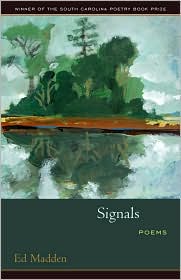 Didgeridoo…
Didgeridoo…
a danceable world journey
Dreamtime,
Etherean Music, Inc. 2000
Reviewed by Bo Young
I admit to a fascination with “World Music.” I still think of myself as a drummer, even though I haven’t sat in a drummer’s circle or played around a sanctuary bonfire with my djembe in a decade. And to this day, if Ladysmith Black Mambazo is playing anywhere, I’m there. Alas, occasionally this music can be more anthropological than danceable.
So it was particularly “attention grabbing” when I was listening to the inimitable Steve Post on WNYC-FM one Sunday morning and he played a didgeridoo piece. There is, of course, something viscerally primal about the deep buzz of the Down Under wind instrument; something between a nature buzz and the chanting of Buddhist monks. The sound is at once primitive, but also other-worldly, of some very earthy place and of deep space and time, too.
The music Post was playing is from a modern group called Dreamtime. Dreamtime has a collection of music available on iTunes or Amazon that I am able to locate: Didgeridoo (Etherean Music, Inc. 2000).
The music combines traditional didgeridoo playing (I’m sure I hear the familiar ringing baritone of a djembe in there) with modern instrumentation and contemporary electronic, as well as interviews and additional liner note information about Australia's aborigines along with indigenous chants.
And while the cut Cave Dance is almost a field recording in its earthy simplicity — just the whir of the didgeridoo and homemade rhythms — the aptly titled Tribal Techno matches the lead instrument to a mixture of organic and electronic percussion. This kind of cultural and musical blending isn't new, and Didgeridoo doesn't take the concept in any direction that so-called World Music hasn't gone before. But it's a nice package, very listenable and earnest in its intention to explore the aboriginal' culture and music. Between tracks of pulsating didgeridoo rhythms and percussion, voices of tribal elders and sounds of wildlife from Australia's Outback, Dreamtime’s Didgeridoo combines to form a world music journey you can move to.
Bo Young is White Crane’s publisher. He lives in New York City.
This is an excerpt. Subscribe today and keep the conversation going! Consider giving a gift subscription to your friends who could use some wisdom! If there's an article you want that was not excerpted online, copies of this issue are available for purchase. Contact us at editors@gaywisdom.org

